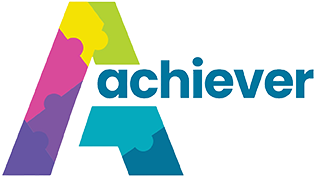

We will be posting new content soon. Please feel free to browse our archive and check back here soon for more news and updates.
+ Nassau County & 5 Towns | 516.229.1194
+ Edison, New Jersey | 475.325.0276
+ Forest Hills, Queens | 347.342.1406
+ West Hempstead | 516.229.1194
+ Malverne, New York | 516.229.1194
+ Danbury, Connecticut
+ Chadds Ford, Pennsylvania
Mon - Fri 9AM - 5PM
Follow Us
Boutique agency since 2015
Achievement Behavior Services is a boutique agency providing quality individualized applied behavior analysis (ABA) therapy to children on the autism spectrum. Established in 2015 ABS is licensed and trained ABA therapists implement behavioral therapy methods in the child’s environment to improve social, behavioral and adaptive skills.
+ In-home aba services
+ Parent Training
+ Initial Assessment
+ BCBA Supervision
+ Social Skills Groups
+ BIP (Behavior Intervention Plans)
+ School Consultations
+ CE Credits
+ Direct Care
+ Family Training
+ 5 Boroughs | Staten Island, Brooklyn, Queens, Manhattan, The Bronx
+ Westchester | Yonkers
+ Rockland County | Monsey
+ Long Island | Nassau County & Suffolk County
+ New Jersey | Bergen County, Union County, Hudson County, Essex County, North Jersey, Central & Southern Jersey
+ Corporate Office | Malverne, NY
